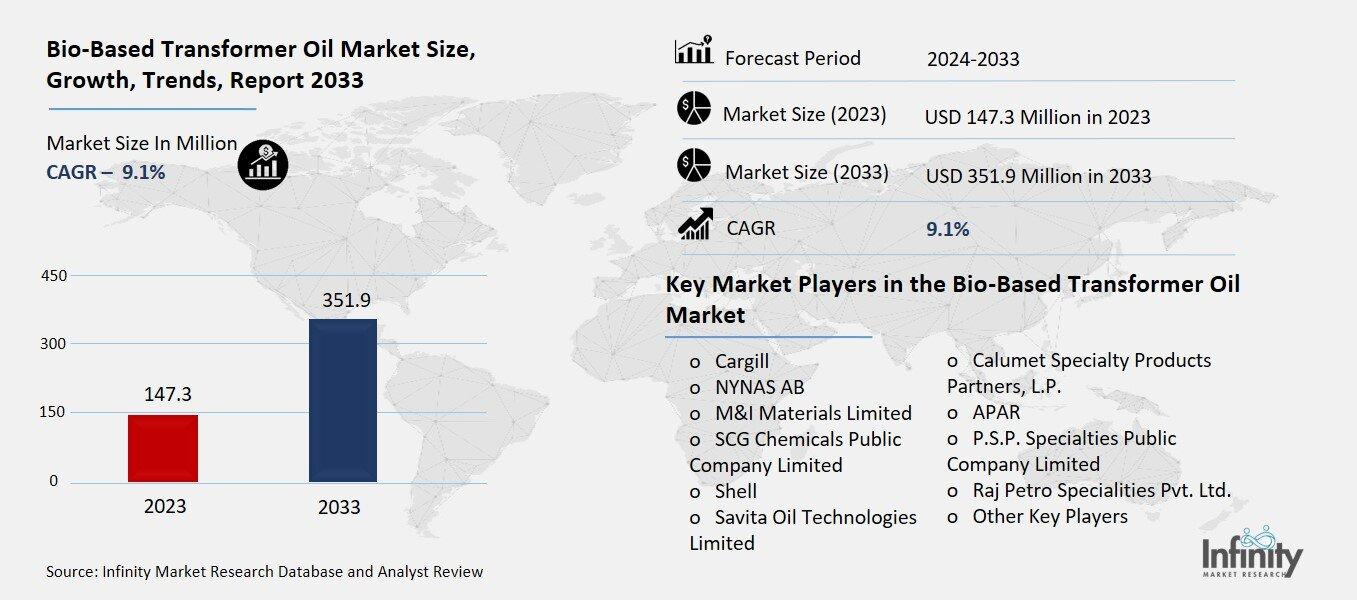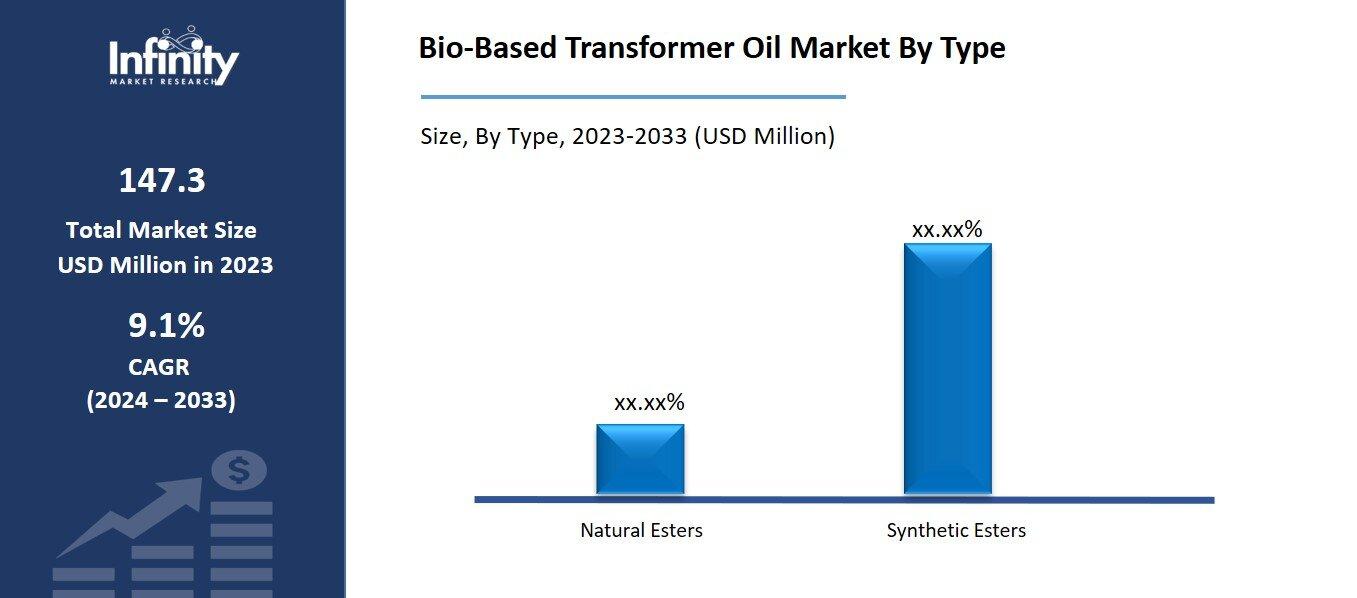
🔐 Secure Payment Guaranteed
Safe checkout with trusted global payment methods.
🌟 Why Choose Infinity Market Research?
At Infinity Market Research, we dont just deliver data — we deliver clarity, confidence, and competitive edge.
In a world driven by insights, we help businesses unlock the infinite potential of informed decisions.
Here why global brands, startups, and decision-makers choose us:
Industry-Centric Expertise
With deep domain knowledge across sectors — from healthcare and technology to manufacturing and consumer goods — our team delivers insights that matter.
Custom Research, Not Cookie-Cutter Reports
Every business is unique, and so are its challenges. Thats why we tailor our research to your specific goals, offering solutions that are actionable, relevant, and reliable.
Data You Can Trust
Our research methodology is rigorous, transparent, and validated at every step. We believe in delivering not just numbers, but numbers that drive real impact.
Client-Centric Approach
Your success is our priority. From first contact to final delivery, our team is responsive, collaborative, and committed to your goals — because you re more than a client; you re a partner.
Recent Reports
Obesity Management Market
GLP-1 Receptor Agonist Market
Bio-Based Transformer Oil Market
Global Bio-Based Transformer Oil Market (By Type, Natural Esters and Synthetic Esters; By Application, Distribution Transformers, Instrument Transformers, and Power Transformers; By End-User, Industrial, Utilities, and Commercial, By Region and Companies), 2024-2033
Nov 2024
Chemicals and Materials
Pages: 138
ID: IMR1294
Bio-Based Transformer Oil Market Overview
Global Bio-Based Transformer Oil Market acquired the significant revenue of 147.3 Million in 2023 and expected to be worth around USD 351.9 Million by 2033 with the CAGR of 9.1% during the forecast period of 2024 to 2033. The global market for bio-based transformer oil is on the rise due to the rising concerns for environment and sustainable development replacing the mineral-based transformer oils. It is crucial to note here that these bio-based or biodegradable oils are prepared from renewable resources such as vegetable oils which in addition to being easily biodegradable, have several more benefits with low environmental effects and are far better performers in terms of insulation aspect as well as cooling efficiency.

Bio based transformer oil is gradually finding its way into the market because governments and industries globally are encouraging the implementation of green solutions that minimize carbon footprint as regulations become stringent. The market is mainly demand by the energy sector shift to renewable energy systems where these oils are used in transformer and other related electrical equipment.
Drivers for the Bio-Based Transformer Oil Market
Environmental Concerns and Regulations
Rising environmental standards are slowly helping foster the use of more environmentally friendly products such as bio-based transformer oils in industries. International governments and standard setting agencies are enforcing more stringent conditions regarding the release of carbon emission, and treatment of wastes, and ecological effects with these pressures making organizations adopt sustainable development.
In some industries such as energy & utilities particularly in transformer applications, prior to the emergence of bio based materials, traditional mineral oils are known to have contaminated soil and water sources whenever they leak and causes higher emission of greenhouse gases in the production cycle and disposal. Thus, significant pressure is now being applied to switch to the bio-originating transformer oils that are based on renewable and bio-degradable feeds such as vegetable oils.
Restraints for the Bio-Based Transformer Oil Market
Performance Under Extreme Conditions
In extreme conditions, particularly in very cold temperatures, bio-based transformer oils can face performance challenges that limit their adoption in certain applications. Unlike traditional mineral-based oils, which tend to maintain their viscosity and fluidity across a broader temperature range, bio-based oils can thicken or solidify in freezing conditions. This affects their ability to efficiently circulate within the transformer, potentially compromising cooling and insulation functions. As a result, transformers operating in harsh, cold climates may not benefit from bio-based oils in the same way they would in more moderate environments. This has led to some reluctance in adopting bio-based oils for applications where extreme weather is a constant concern, such as in the Arctic or high-altitude regions.
Opportunity in the Bio-Based Transformer Oil Market
Government Subsidies and Incentives
Increasing government incentives for green energy and sustainability projects are significantly driving the adoption of bio-based transformer oils. Governments around the world are implementing policies that support the transition to renewable energy and the reduction of carbon emissions, offering financial incentives such as subsidies, tax breaks, and grants for industries that embrace eco-friendly technologies. These incentives make it more economically feasible for energy companies to invest in bio-based oils, which are typically more expensive than conventional transformer oils.
Countries that are investing in eco-friendly infrastructure, particularly in renewable energy sectors like solar, wind, and hydropower, create a strong demand for bio-based transformer oils. These oils align with sustainability goals by being derived from renewable sources and offering reduced environmental impact.
Trends for the Bio-Based Transformer Oil Market
Increased Adoption in Renewable Energy Projects
As renewable energy installations expand globally, utility companies are increasingly turning to transformers running on bio-based oils as part of their sustainability initiatives. These companies are under pressure to reduce their carbon footprint and align with environmental goals, and using bio-based transformer oils offers a tangible way to contribute to these efforts. Renewable energy projects, such as solar and wind farms, require efficient and reliable transformers to handle fluctuating loads and variable power generation. Bio-based oils, derived from renewable sources like vegetable oils, provide excellent insulation and cooling properties, which enhance transformer performance while reducing environmental impact.
Segments Covered in the Report
By Type
o Natural Esters
o Synthetic Esters
By Application
o Distribution Transformers
o Instrument Transformers
o Power Transformers
By End-User
o Industrial
o Utilities
o Commercial
Segment Analysis
By Type Analysis
On the basis of type, the market is divided into natural esters and synthetic esters. Among these, natural esters segment acquired the significant share around 46.1% in the market. Natural esters are derived from renewable vegetable oils, such as soybean and rapeseed, which align with the increasing demand for environmentally friendly products. Their biodegradability and lower toxicity make them highly desirable in applications where minimizing environmental impact is a priority.

By Application Analysis
On the basis of application, the market is divided into distribution transformers, instrument transformers, and power transformers. Among these, instrument transformers segment held the prominent share of the market. Instrument transformers, which are used for measurement, monitoring, and protection in electrical power systems, require high reliability and precision in performance. The use of bio-based transformer oils in these applications is driven by their excellent dielectric properties and superior cooling capabilities, which ensure optimal insulation and temperature regulation. Additionally, instrument transformers are often deployed in environmentally sensitive areas, such as urban infrastructure and renewable energy installations, where the use of eco-friendly materials is a priority.
By End-User Analysis
On the basis of end-user, the market is divided into industrial, utilities, and commercial. Among these, utilities segment held the prominent share of the market. Utilities, which manage large-scale power transmission and distribution networks, are increasingly adopting bio-based transformer oils as part of their sustainability initiatives and regulatory compliance efforts. As governments and regulatory bodies enforce stricter environmental guidelines, utility companies are under pressure to reduce their carbon footprint and minimize ecological impact, making bio-based oils an attractive alternative to traditional mineral-based oils.
Regional Analysis
North America Dominated the Market with the Highest Revenue Share
North America held the most of the share of 34.1% of the market owing to a strong emphasis on environmental sustainability and stringent regulations promoting the use of eco-friendly products. The region's well-established utility infrastructure, coupled with significant investments in renewable energy projects, has driven demand for bio-based transformer oils among utility companies.
Additionally, increased awareness of the environmental benefits of bio-based oils, such as biodegradability and reduced toxicity, has led to higher adoption rates. The presence of major industry players and ongoing innovations in bio-based oil technology further solidify North America's position as a key market in this sector.
Competitive Analysis
The competitive landscape of the bio-based transformer oil market is characterized by the presence of several key players, all vying for market share in a rapidly growing and environmentally conscious sector. Leading companies are focusing on expanding their product portfolios with advanced bio-based oils that offer superior performance in terms of thermal stability, insulation, and biodegradability. Major players like Cargill Inc., ABB, Siemens, and M&I Materials are investing heavily in research and development to improve the efficiency and adaptability of their bio-based oils for different transformer applications, such as distribution, power, and instrument transformers.
Recent Developments
In February 2023, Cargill has launched its latest innovation, FR3r™ natural ester, an insulating oil for transformers made from over 95% rapeseed oil. This product stands out for its exceptional performance, increased reliability, and significant environmental advantages over traditional mineral oils. As a result, transformer users across the country are swiftly adopting this sustainable alternative to conventional mineral oil.
Key Market Players in the Bio-Based Transformer Oil Market
o Cargill
o NYNAS AB
o M&I Materials Limited
o SCG Chemicals Public Company Limited
o Shell
o Savita Oil Technologies Limited
o Calumet Specialty Products Partners, L.P.
o APAR
o P.S.P. Specialties Public Company Limited
o Raj Petro Specialities Pvt. Ltd.
o Other Key Players
|
Report Features |
Description |
|
Market Size 2023 |
USD 147.3 Million |
|
Market Size 2033 |
USD 351.9 Million |
|
Compound Annual Growth Rate (CAGR) |
9.1% (2023-2033) |
|
Base Year |
2023 |
|
Market Forecast Period |
2024-2033 |
|
Historical Data |
2019-2022 |
|
Market Forecast Units |
Value (USD Million) |
|
Report Coverage |
Revenue Forecast, Market Competitive Landscape, Growth Factors, and Trends |
|
Segments Covered |
By Type, Application, End-User, and Region |
|
Geographies Covered |
North America, Europe, Asia Pacific, and the Rest of the World |
|
Countries Covered |
The U.S., Canada, Germany, France, U.K, Italy, Spain, China, Japan, India, Australia, South Korea, and Brazil |
|
Key Companies Profiled |
Cargill, NYNAS AB, M&I Materials Limited, SCG Chemicals Public Company Limited, Shell, Savita Oil Technologies Limited, Calumet Specialty Products Partners, L.P., APAR, P.S.P. Specialties Public Company Limited, Raj Petro Specialities Pvt. Ltd., and Other Key Players. |
|
Key Market Opportunities |
Government Subsidies and Incentives |
|
Key Market Dynamics |
Environmental Concerns and Regulations |
📘 Frequently Asked Questions
1. Who are the key players in the Bio-Based Transformer Oil Market?
Answer:
2. How much is the Bio-Based Transformer Oil Market in 2023?
Answer: The Bio-Based Transformer Oil Market size was valued at USD 147.3 Million in 2023.
3. What would be the forecast period in the Bio-Based Transformer Oil Market?
Answer: The forecast period in the Bio-Based Transformer Oil Market report is 2024-2033.
4. What is the growth rate of the Bio-Based Transformer Oil Market?
Answer: Bio-Based Transformer Oil Market is growing at a CAGR of 9.1% during the forecast period, from 2024 to 2033.

🔐 Secure Payment Guaranteed
Safe checkout with trusted global payment methods.
🌟 Why Choose Infinity Market Research?
- Accurate & Verified Data:Our insights are trusted by global brands and Fortune 500 companies.
- Complete Transparency:No hidden fees, locked content, or misleading claims — ever.
- 24/7 Analyst Support:Our expert team is always available to help you make smarter decisions.
- Instant Savings:Enjoy a flat $1000 OFF on every report.
- Fast & Reliable Delivery:Get your report delivered within 5 working days, guaranteed.
- Tailored Insights:Customized research that fits your industry and specific goals.



